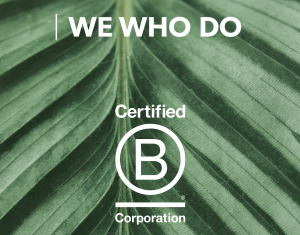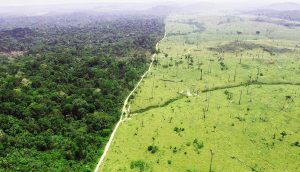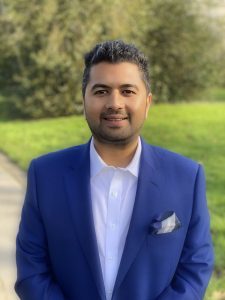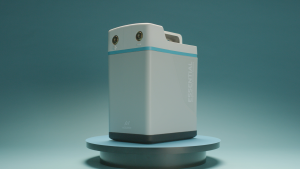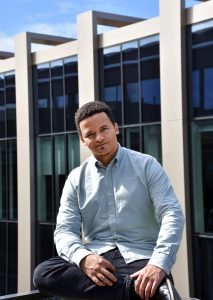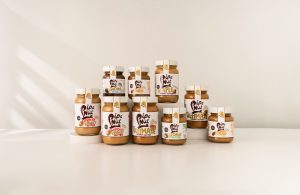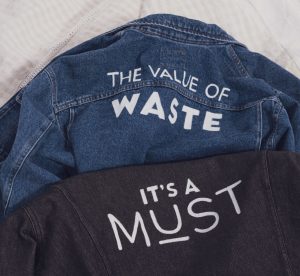A lifestyle workspace that blends work, hospitality and wellbeing effortlessly together.
Launched during the pandemic and achieving success at the harshest of times, Oru’s success is testament to the intentions of the founders and quality of the product. Foreseeing the changing market, designing, developing and operating, Oru truly is the future of CoWorking.
Talking to co-founder, Paul Hepworth Nelmes, it’s clear that Oru is committed to creating an alternate and exciting way to live and work – something that is becoming the emblem of the WFH post-Covid culture.
The fact that Paul also met his fellow co-founder, Vibushan Thirukumar, at a coworking space is perhaps proof of the greatness that can come from putting people together in a productive space.
Oru currently has one space in East Dulwich, with the view to open more sites over the next year.
Read my interview with Paul:
Where did the idea for Oru come from?
Paul: Vibushan and I were enchanted by the potential of coworking. The bringing together of people to achieve greater success and more, in beautiful environments. Inspired by a trip to Sri Lanka and visiting a school for deaf and blind children, we left with the inspiration to launch Oru as a purpose-led venture. The name is derived from Tamil meaning “For One”. On a higher level, we also wanted to take the symbolic power of bringing people together in one building to deliver change: co-working to drive social impact and purpose.
Can you tell us a bit more about your social impact ethos?
Paul: For Oru, social impact has been ingrained in our business model from the get-go and our trip to Sri Lanka also cemented our need to focus on social impact and sustainability. In fact, we both don’t believe running a business without a clear social purpose.
Whether that’s running our Bounceback Membership which provides free workspace for those who have lost their jobs or have made a career change due to the pandemic, or acting as a collection point for donations for a local food bank, I’m really proud that we have built a business that truly cares.
How did Oru manage to launch and flourish in 2020, which was undoubtedly challenging for even the most established brands and companies?
Paul: We had a challenging start as we opened in March 2020 and had only 8 days of trading before the national lockdown hit. Since that point, we have had to work even harder to constantly adapt our business and space for the new times! As founders, being agile has allowed us the ability to adapt to whatever was thrown at us. So when our cafe shut, we modified the space into a food bank collection point. When offices reopened, we catered for the new increased flexibility that people needed. And the cafe has been able to run as takeaway for the majority of the time and our wellness programme has successfully transitioned online. The diversity in our business operations has been challenging but also a huge benefit!
A crucial thing has been listening to what people need, rather than assuming we know everything. Our team has been rooted in the local area, talking to the community and establishing their needs. So in East Dulwich, there was a demand for consultation rooms, in addition to the more traditional coworking industries. In other locations, it may be something different. But the main takeaway is that we know we need to build a space for local people that is centred on local needs.
How do you see Oru growing and developing in the future?
Paul: Of course we’re looking to grow, but we will be careful in choosing the right locations for us. We feel like we’ve really captured something in our local neighbourhood and our purpose driven nature means that our ethos can be transferred to more sites to create even more benefits.
With the demise of the retail sector, it feels like an opportune time to try and rebuild the high-street, with Oru aiming to breathe life back into local areas. In 10 years time, we’d like to have more sites across the UK, and for Oru to become a thriving and energetic hub where people not only work, but where they go to eat and drink, feel better and relax.



